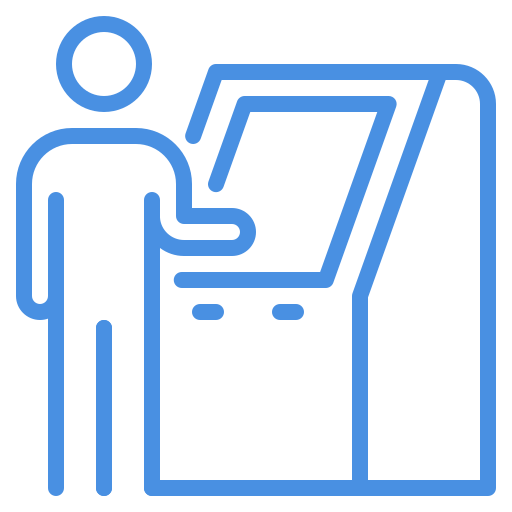Table of Contents
For modern therapy clinics aiming to elevate care, the path forward is through collaboration. The strategic implementation of a chiropractic and PT integration model is more than just a new service line; it’s a fundamental shift towards a more holistic and effective interdisciplinary care model. For therapy clinics striving to be the top choice in their local community, this integrated approach is a powerful differentiator that leads to superior patient outcomes.

The Power of an Interdisciplinary Care Model in Sports Medicine
This collaborative model leverages the unique skills of multiple providers to achieve a common goal. In sports medicine, this means combining the diagnostic and manual treatment of neuromuscular disorders by a chiropractor with the functional and exercise-based rehabilitation from a PT.
When this expertise is combined, the benefits for athletes are twofold: enhanced sports injury recovery and proactive performance optimization.
Enhancing Patient Outcomes with Chiropractic and PT Integration
Advanced Sports Injury Recovery with Manual Therapy
Athletes often suffer from a complex mix of issues following an injury. A chiropractor can perform adjustments and soft tissue mobilization to reset joint alignment, while a PT focuses on strengthening the surrounding muscles. This synergistic partnership shortens the rehabilitation timeline and improves functional outcomes.
Restoring Neuromuscular Function After Injury
Chiropractic adjustments can positively influence proprioceptive input and spinal reflexes, which is highly relevant in post-concussion rehabilitation. This work helps reset dysfunctional neuromotor pathways, creating a better foundation for a PT focused on gait retraining or improving motor planning.
Proactive Care for Better Return-to-Play Results
A key advantage of this collaborative approach is its focus on prevention. By identifying and addressing asymmetries early, the collaborative team can reduce the risk of overuse syndromes and design a more robust return-to-play protocol for athletes.
How to Manage a Multidisciplinary Therapy Clinic: Key Considerations
For clinic owners, expanding services requires careful planning. Success depends on clear protocols for collaboration, including clear documentation and collaborative progress tracking. Administrators must also align the scope of practice, credentialing, and billing procedures to create a seamless patient experience.
The EMR Solution for a Truly Integrated Clinic
Bringing a chiropractor onto your team creates a major challenge: siloed communication. Without the right system, shared goals can be undermined by disjointed notes and a lack of real-time information.
At HelloNote, we designed our EMR to solve this exact problem.
Our platform provides a single source of truth where your PTs, OTs, and chiropractors contribute to one unified patient story. SOAP Notes, progress reports, and outcome measures are instantly accessible to the entire team. With customizable templates and collaborative goal tracking, HelloNote provides the integrated framework you need to confidently manage your practice.
Implementing this strategy can help your clinic become the go-to provider for athletes in your area.
Frequently Asked Questions About Integrated Care
Yes, absolutely. A successful collaboration between a chiropractor and a PT allows them to focus on their respective strengths—functional exercise and spinal alignment—leading to more comprehensive sports injury recovery.
The primary benefits include faster recovery times, more holistic patient care, and a reduced risk of re-injury. By combining disciplines, clinics can address an injury from multiple angles, leading to better outcomes and a quicker, safer return-to-play.
Successful management hinges on shared goals, open communication, and a unified technology platform. A robust EMR is critical for sharing SOAP Notes and tracking progress in a collaborative setting involving both chiropractors and PTs.
The ideal sequence depends on your specific treatment plan for that day. In a truly integrated clinic, your providers communicate and decide the best order to maximize your session’s effectiveness for instance, an adjustment before therapy to improve mobility for exercises. A unified EMR is key to coordinating this schedule.
Yes. In many states with direct access, a chiropractor can evaluate a patient and refer them directly to a physical therapist if they identify a need for rehabilitative exercise or functional training. This seamless handoff is a core benefit of an interdisciplinary care model.




















